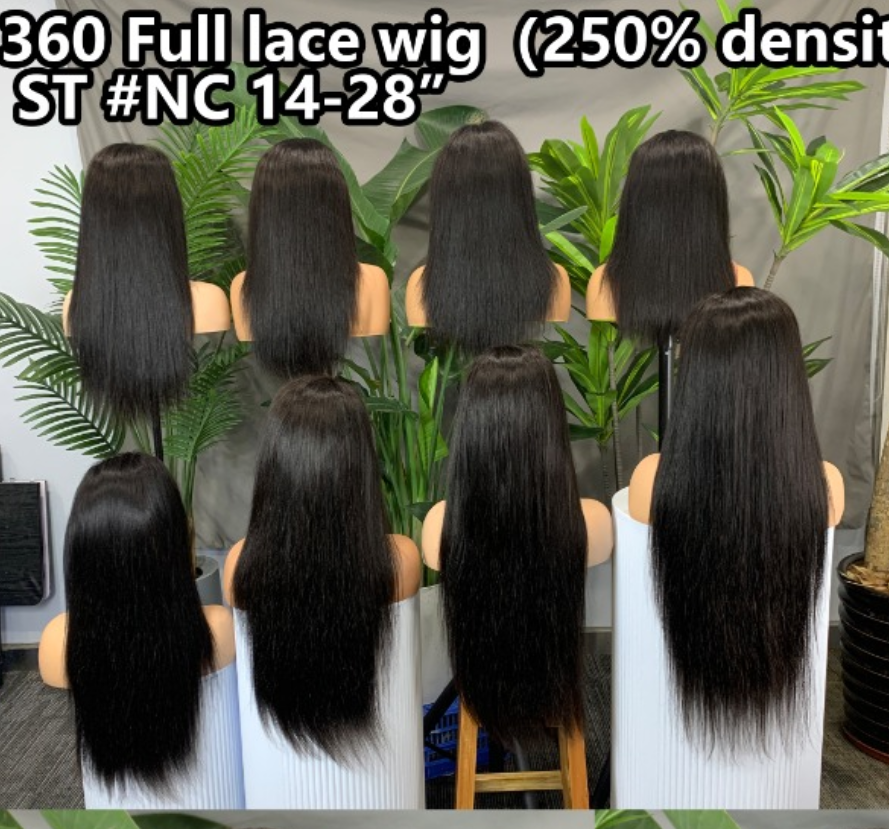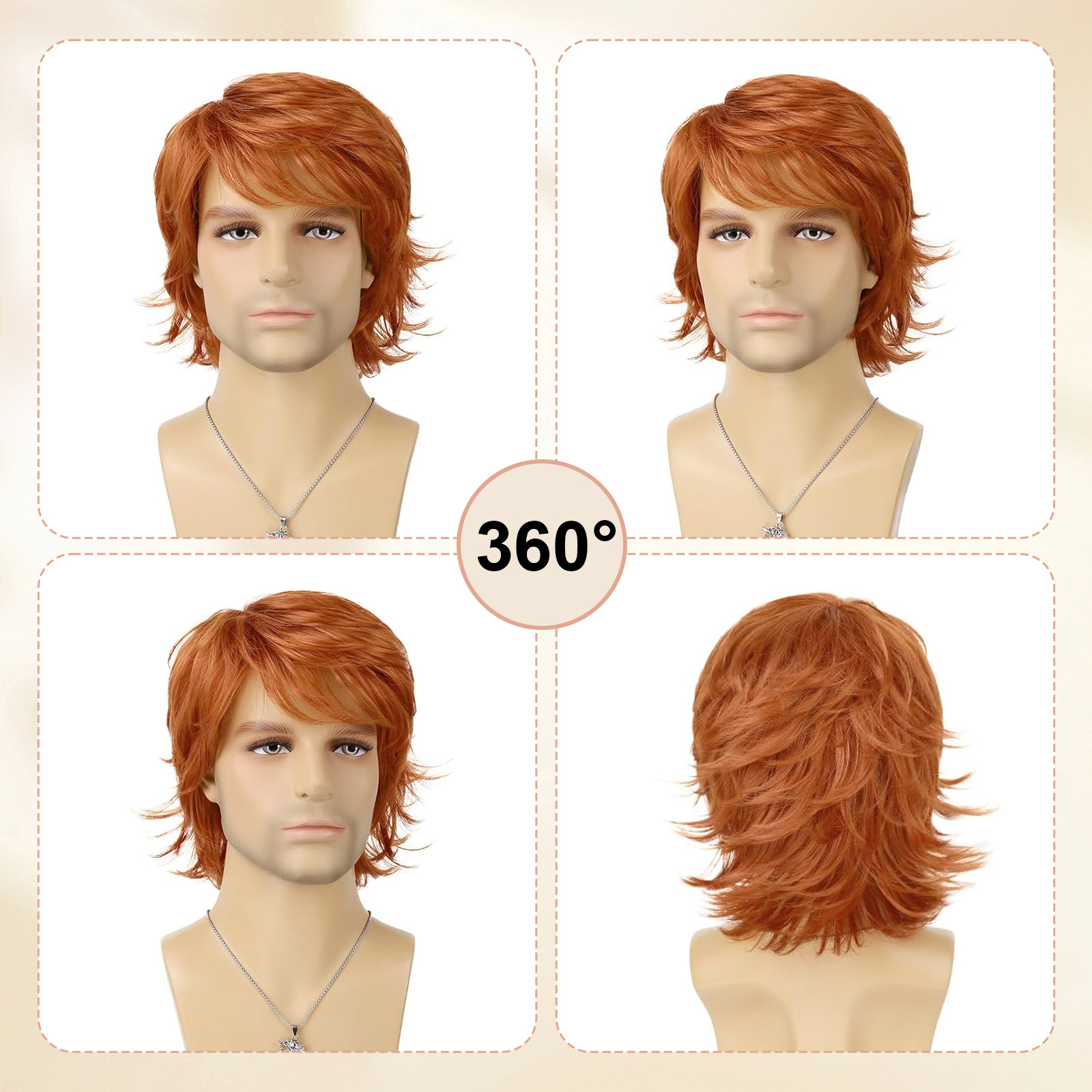In the world of fashion and beauty, hair is a powerful form of self-expression. Whether it’s through a bold new cut, vibrant color, or luxurious extensions, hair transformations can significantly impact one’s confidence and aesthetic. At the heart of this industry are human hair suppliers, who play a pivotal role in providing the raw materials for these transformations. This article delves into the importance of human hair suppliers, the process of hair collection, and the impact they have on the beauty industry, all while adhering to the standards necessary for Google indexing and official website content.
The Vital Role of Human Hair Suppliers
Human hair suppliers are the bridge between raw hair and the stunning styles seen on runways and in salons:
- Quality Assurance: Suppliers are responsible for ensuring the quality of the hair, which directly affects the end product’s appearance and longevity.
- Ethical Sourcing: Ethical sourcing is a cornerstone of reputable suppliers, who must ensure that hair is collected with the donors’ consent and in a sustainable manner.
- Market Demand: The demand for high-quality human hair has soared, driven by the popularity of extensions, wigs, and hairpieces.
The Process of Collecting Human Hair
The process of collecting human hair is both an art and a science:
- Donation: Hair is often collected through donations, with individuals contributing their hair to慈善 organizations or specialized collection centers.
- Sorting: Once collected, the hair is sorted by quality, color, and length to ensure that it meets the standards required for different products.
- Cleaning and Processing: The hair is thoroughly cleaned and processed to remove impurities and prepare it for weaving or extension applications.
Ensuring Quality and Safety in Human Hair
Quality and safety are paramount in the human hair supply chain:
- Rigorous Inspection: Each batch of hair undergoes a rigorous inspection to ensure it meets the supplier’s high standards.
- Health and Safety Regulations: Suppliers must adhere to health and safety regulations to prevent the transmission of any infectious diseases.
- Sanitization: Proper sanitization processes are in place to ensure that the hair is safe for use and free from harmful chemicals.
Innovation in Human Hair Processing
Innovation has transformed the way human hair is processed:
- Advanced Weaving Techniques: Suppliers have developed advanced weaving techniques that create more natural-looking and durable hair products.
- Color Processing: Technological advancements allow for precise color processing, offering a wide range of colors to meet consumer demands.
- Texture Customization: Suppliers can now customize the texture of the hair, catering to different cultural preferences and styling needs.
The Impact of Human Hair Suppliers on the Beauty Industry
Human hair suppliers have a profound impact on the beauty industry:
- Product Diversity: The variety of hair types and styles offered by suppliers enables the creation of diverse hair products for consumers.
- Supporting Salons: Salons rely on human hair suppliers for high-quality extensions and wigs, which are essential for providing comprehensive beauty services.
- Fashion Trends: The availability of human hair extensions and wigs has influenced fashion trends, with celebrities and influencers setting the stage for new styles.
Global Reach and Cultural Significance
Human hair suppliers operate on a global scale, with cultural significance playing a key role:
- International Trade: Human hair is a significant part of international trade, with suppliers exporting to countries around the world.
- Cultural Sensitivity: Suppliers must be culturally sensitive, offering products that align with the traditions and preferences of different communities.
- Empowerment: The availability of human hair products empowers individuals to explore different looks and express their identity.
Sustainability and Ethical Considerations
Sustainability and ethical considerations are increasingly important in the hair supply industry:
- Eco-friendly Practices: Suppliers are adopting eco-friendly practices, such as using biodegradable packaging and minimizing waste.
- Ethical Supply Chains: There is a growing emphasis on creating ethical supply chains that prioritize the well-being of donors and the environment.
- Consumer Awareness: Consumers are becoming more aware of the importance of supporting ethical and sustainable human hair suppliers.
Challenges and Opportunities in Human Hair Supply
The human hair supply industry faces both challenges and opportunities:
- Supply Stability: Ensuring a stable supply of high-quality hair can be challenging, given the variables in donation and collection processes.
- Market Competition: The market is highly competitive, with suppliers continually striving to offer the best products and services.
- Regulatory Compliance: Compliance with international regulations is essential for suppliers looking to expand their market reach.
Conclusion
Human hair suppliers are the silent architects behind the scenes of the beauty industry, providing the foundation for countless transformations and style innovations. Their commitment to quality, ethical sourcing, and innovation ensures that consumers have access to safe and beautiful hair products. As the industry continues to evolve, the role of human hair suppliers will remain critical, driven by a dedication to sustainability, ethical practices, and meeting the diverse needs of a global consumer base.




